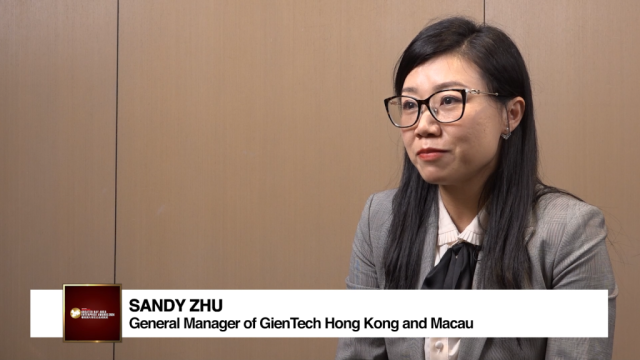
How Hong Kong banks will be affected by HKMA's recent mortgage tightening measures
Will they be badly hurt?
The HKMA recently announced another round of mortgage tightening measures, lowering LTV and DSR limits.
According to a research note from Barclays, banks now have to apply a 15% risk weight on the entire mortgage book (vs 8% currently) by end-June 2016.
Barclays estimates Hang Seng Bank and BOCHK’s capital adequacy ratio will fall by 35 and 22bps.
However, it was also noted that both banks are still well capitalized after the adjustment with fully loaded CET1 of 13.9% and 11.7%, respectively.
Here's more from Barclays:
The HKMA today announced another round of mortgage tightening measures effective immediately, in response to signs of overheating in the property market especially in small and medium sized residential units, and household debt to GDP ratio now at a historic high level of over 64%.
The maximum loan to value (LTV) and debt-servicing ratio (DSR) caps have been adjusted as follows:
Maximum LTV for self-use residential properties with a value of below HK$7m will be lowered by 10% (from 70% to 60%).
Maximum DSR for borrowers who buy a second residential property for self-use will be lowered to 40% from 50%, and the stressed-DSR cap will be lowered to 50% from 60%.
Maximum DSR of mortgage loans for all non-self use properties will be lowered to 40% from 50%, and the stressed DSR cap will be lowered to 50% from 60%.
Maximum LTV under the HKMC’s Mortgage Insurance Programme will be reduced from 90% to 80%, except for first home buyers.
In addition, banks using the Internal Ratings-Based approach (IRB) to calculate credit risk, must use 15% risk weight on their whole residential mortgage portfolio by end-June 2016, and 10% by end-June 2015.
IRB banks currently use a 15% risk weight on new mortgages since February 2013 only (when the 15% risk weight floor was first introduced by the HKMA), while average risk weight on the entire mortgage book is around 8% on our estimates.The tightening of LTV and DSR requirements apply to new mortgage contracts only and not the existing mortgage portfolio. This will result in slower mortgage growth but also reduce the credit risk of the banks mortgage portfolio, in our view.
New mortgage business since February 2013 (which accounts for a third of total mortgages according to the HKMA) are already based on a 15% risk weighting, but the increase in risk weight on the mortgage back book will negatively impact banks using IRB to calculate capital adequacy ratios as risk weighted assets rises. HSBC, Standard Chartered, HSB, BOCHK and BEA use advanced or foundation IRB to calculate capital.
We estimate the average mortgage risk weight of HSBC, Standard Chartered, HSB and BOCHK, is currently around 8%. BEA is not affected as its average mortgage risk weight is 17% while Dah Sing Bank still uses the standardized approach to calculate capital.






















 Advertise
Advertise









